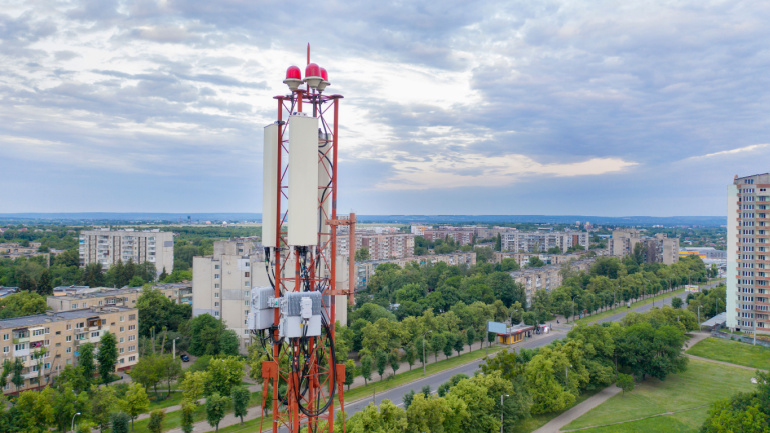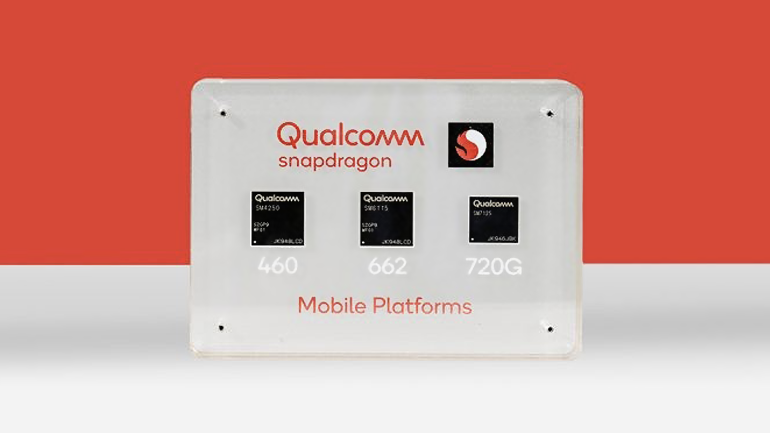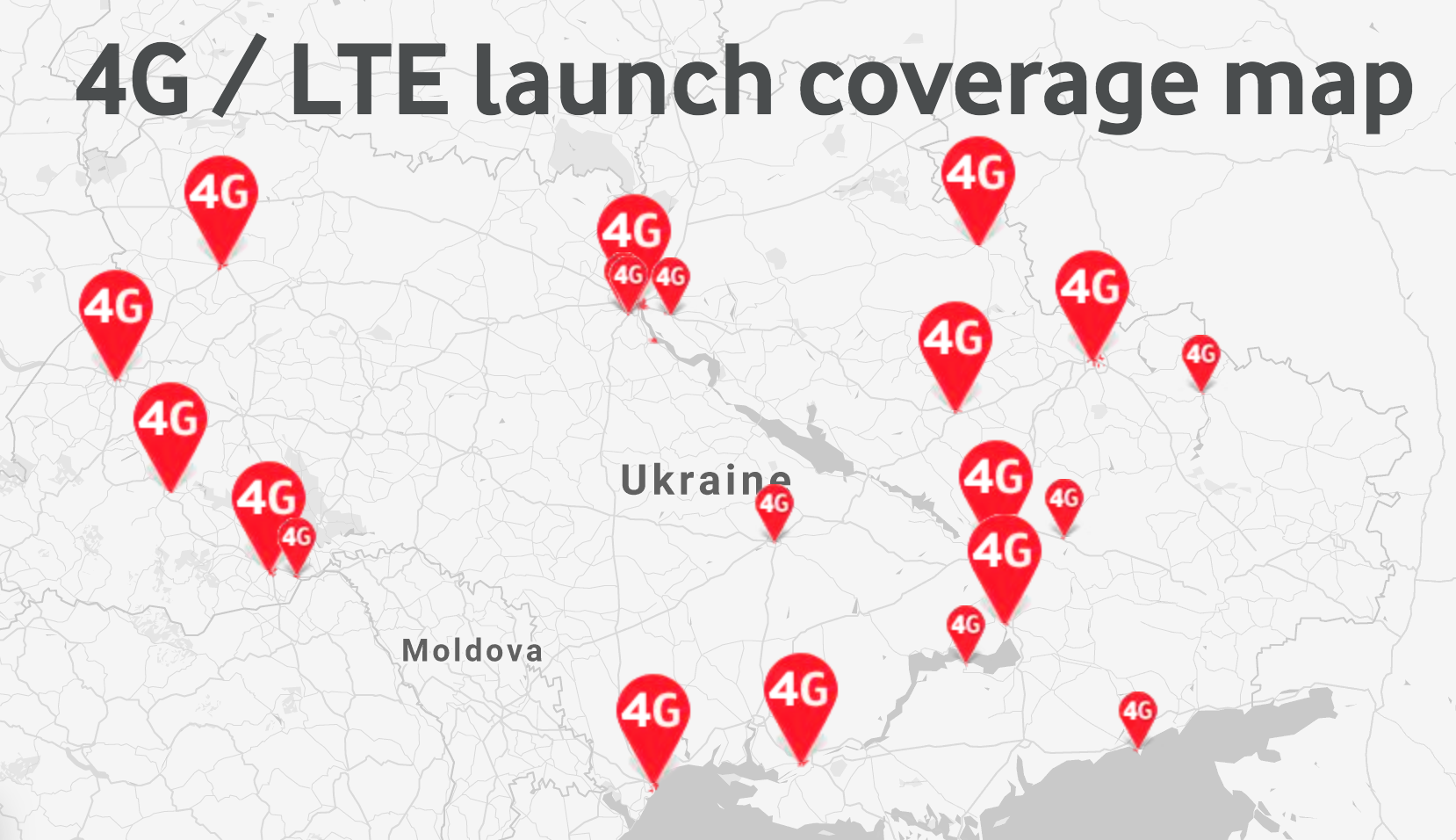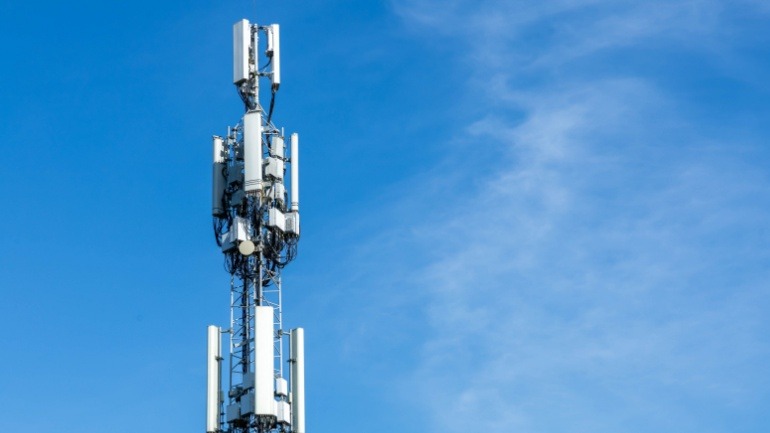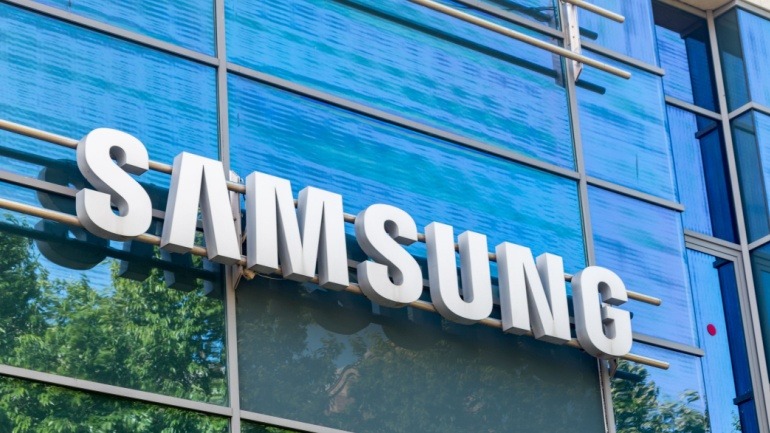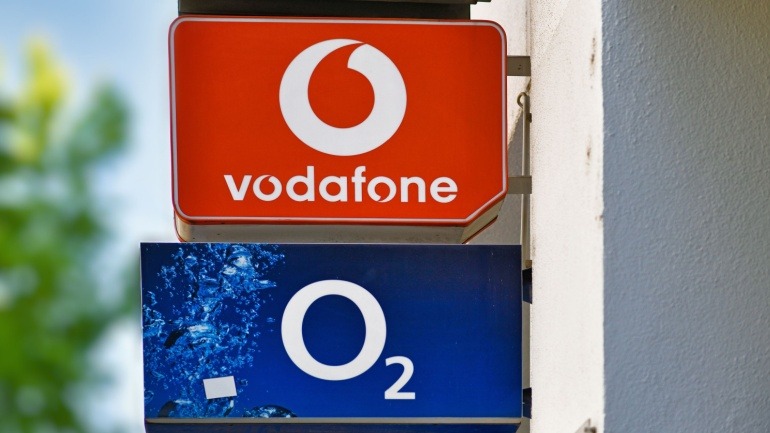Global telecom giant Veon commits $600 million to boost Ukraine’s infrastructure, focusing on 4G mobile and fiber development, while inviting other institutions to join the initiative. Kyivstar, Veon’s subsidiary, aims for 98% 4G coverage in three years, with potential 5G advancements.
VEON commits $600 million investment via Kyivstar for Ukraine’s recovery, focusing on infrastructure, 4G expansion, cybersecurity, and community support, fostering accelerated digitalization and rebuilding efforts.
EE enhances 4G coverage by deploying small cells across UK towns and cities, reducing congestion and increasing capacity in high traffic areas. Utilizing advanced network analytics and Nokia’s 4G technology, EE aims to seamlessly integrate small cells into its future 5G network.
Even though fifth generation mobile communications technology is set to go mainstream, 4G, also known as LTE, isn’t going away any time soon. With this in mind, it is not surprising that manufacturers of telecom equipment continue to develop 4G-focused smartphone processors. US-based Qualcomm Technologies has launched three new Snapdragon mobile platforms aimed at 4G smartphone manufacturing companies. The Qualcomm Snapdragon 720G, 662 and 460 chipsets have been created to enhance user experiences across connectivity, gaming and entertainment applications. In a statement, the company said that these new mobile platforms provide high-speed 4G connectivity, deliver key Wi-Fi 6 features and integrated Bluetooth 5.1 with advanced audio via the Qualcomm FastConnect 6-series subsystems, support Dual-Frequency (L1 and L5) GNSS to improve location positioning accuracy and reliability, and are the first system-on-chip products to support Navigation with Indian Constellation (NavIC) satellite positioning system. Qualcomm said the new Snapdragon platforms also…
The mobile operator, Vodafone Ukraine, intends to launch their 4G network for the 1800 MHz band on 1 July, 2018. The expansion of the 1800 MHz band network will allow Vodafone to cover a wider territory, enabling access for millions of Ukrainians to 4G mobile Internet. This fourth generation service will be available in 50 settlements across 10 main regions of Ukraine: Kiev, Dnipropetrovsk, Kharkiv, Zaporizhzhia, Odessa, Mikolayiv, Poltava, Sumi, Kirovograd and Kherson. Besides the advantage of wider coverage, Vodafone is excited about the higher speed, improved connection stability and faster network response times for their mobile users. The other two major Ukrainian operators, LifeCell and Kyivstar, who won the 1800 MHz 4G LTE mobile license along with Vodafone at an auction held this March, will also be introducing similar services in early July.
Japan’s telecommunications scene shines with impressive achievements toward broad 5G coverage. SoftBank leads in network speeds, clocking at 62.05 Mbps, while Rakuten Mobile excels in 5G speeds with 128.39 Mbps downloads. However, 5G availability varies, with urban centers receiving priority investment. Despite a 98.4% 5G coverage, true 5G usage inconsistencies persist, highlighting the need for strategic rural advancements.
Grandstream Networks has introduced the GWN7674, a high-performance Wi-Fi 7 access point designed for demanding enterprise environments. With data speeds nearing 21Gbps, it’s perfect for managing dense networks. Supporting up to 768 clients, it delivers expansive coverage with tri-band MU-MIMO technology, ensuring robust, efficient connectivity. This advanced Grandstream solution enhances security and management.
SaskTel’s integration of Samsung’s cloud-native virtualized core revolutionizes its network infrastructure for a seamless transition to 5G. This innovative approach enhances agility, network efficiency, and automation, aligning SaskTel with the future of telecom. As SaskTel prepares for 5G standalone, expect remarkable improvements in speed and service delivery.
O2 Germany has surged to prominence in the telecommunications arena, matching Vodafone Germany in connect magazine’s recent mobile network test. With significant investments in cloud radio access networks and enhanced infrastructure, O2 is redefining mobile connectivity standards. Strategic partnerships with Nokia and Ericsson ensure technological robustness, paving the way for their 4G and 5G advancements.
Cellhub has introduced the VOSIO™ x62 5G Dongle, promising a new era in mobile connectivity with enhanced security. Ideal for industries like healthcare and finance, this device offers peak speeds of 2.5Gbps without relying on Wi-Fi. Channel partners can capitalize by adding this innovative solution to their portfolios.




